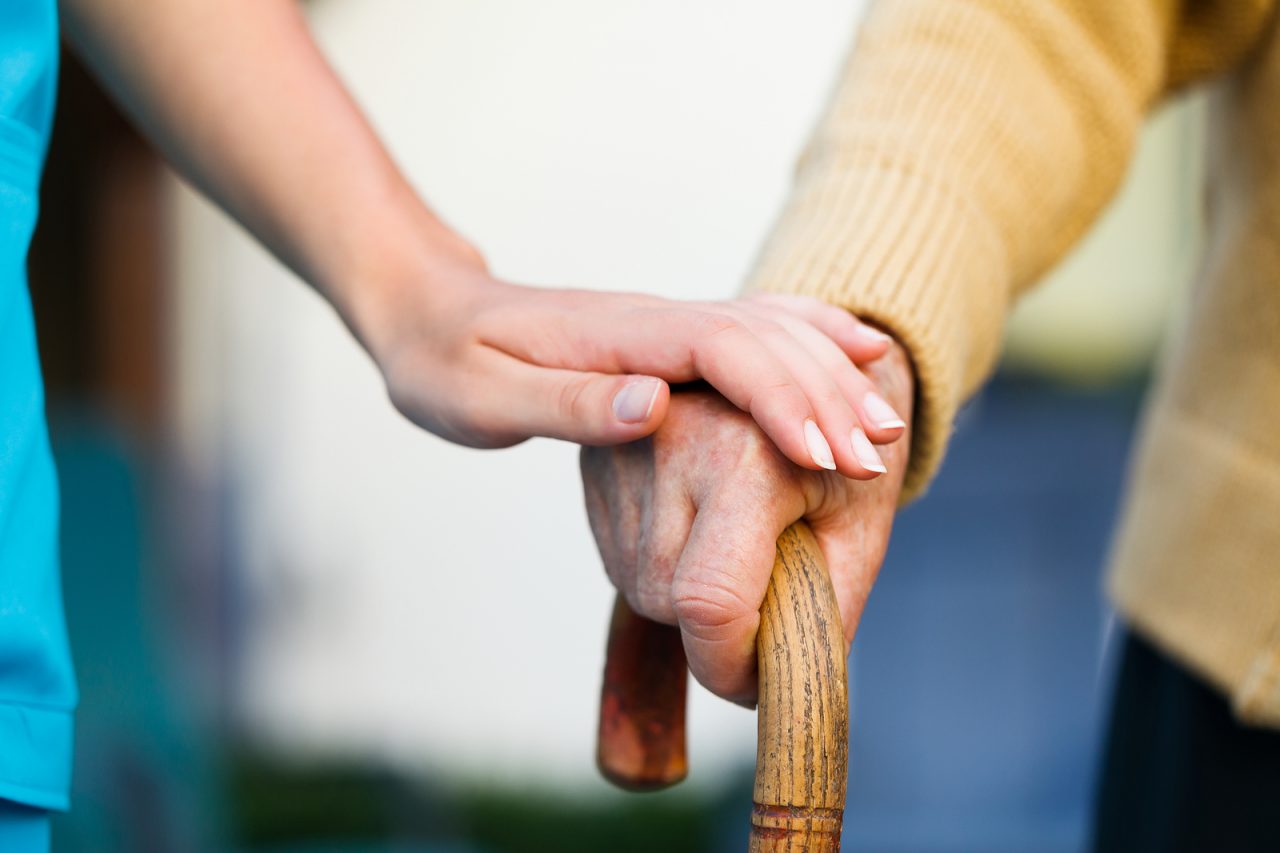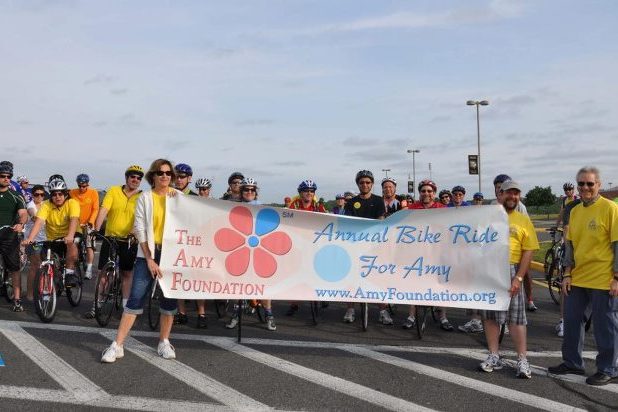The Institute of Medicine of the National Academies has released their long anticipated 500-page report, titled Dying in America – Improving Quality and Honoring Individual Preferences near the End of Life. This is a critical addition to the ongoing conversation about health care in the United States and makes observations and conclusions, which we need to consider and understand. They conclude, as has been said before, that we waste precious resource’s as we fail to give good end-of-life care, millions suffer needlessly, and that we can and must do much better; it is time we opened ourselves to the conversation and our obligation to one another.
The report is a remarkable achievement which, like other IOM reports, will be sited during debates, research and planning. They note that with the aging of our population our reluctance to address final planning is a crisis, which affects in disproportionate numbers, not only the elderly, but also any group receiving marginal healthcare. Paradoxically, in the most technologically advanced medical centers, the futile focus on treatment in terminal situations not only wastes dollars it wastes life and causes suffering. As the result of “knowledge gaps, structural problems and financial disincentives,” our poor and painful approach to end-of-life care is perhaps the most perverse result of our fragmented health system.
IOM emphasizes education in end-of-life choices and planning, perhaps starting with organ donation on teenage driver licenses, and continuing through all healthcare contact during a person’s life. Patients and families need to be engaged and educated to discuss and plan long before they are consumed actually fighting disease or making wrenching last minute decisions. To this end, American citizens, doctors and all health care providers need to learn the alternatives, treatment possibilities and confront the challenging topic of dying. While the IOM was encouraged by the expansion of the medical specialty of Palliative Care, they note that there will always be too many people near the end of their lives to be cared for by just a few specialists, rather there is the need for all doctors who serve patients with life threatening disease to be skilled in giving quality end-of-life counseling and care.
The report focus on “person-centered, family oriented End-of-Life Care” is to be applauded. Nonetheless, there will be those that will interpret the emphasis on “compassionate, affordable, sustainable” treatment as suggesting that the hidden agenda is to save dollars at the expense of lives. Such an analysis would corrupt the truth and miss the critical goal of empowering each individual to make decisions regarding how they wish to live their lives and what quality means to each of us. This is a matter of personal freedom; the opportunity and right to live, at every moment of life, as we desire, and to decide what medical care is right for each. Ignorance and confusion about realities and limits, especially in those with terminal disease, combined with a national discomfort about discussing death, results in many Americans losing the opportunity to make vital personal choices.
The present reality is that excessive, invasive medical treatment is often given without patients and families having the educated possibility of living their final days, weeks or months in comfort, at home, with dignity, held by the ones they love, while other patients languish without any care, in pain, alone in the cold and dark.
The end-of-life is not about being dead. It is a precious, irreplaceable, part of life. Our goal, our obligation, as a society and as individuals, must be to find peace, quality and love until our very end.
Perhaps, then, the title of this report should be: Honoring Life in America.







6 Comments